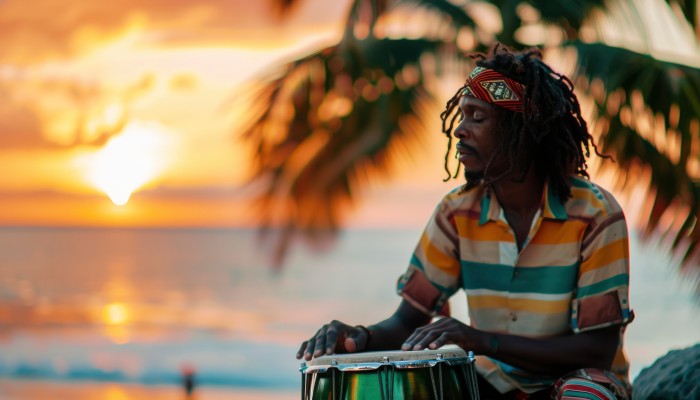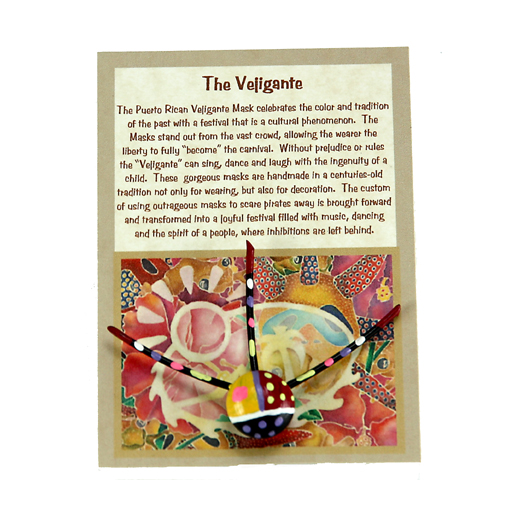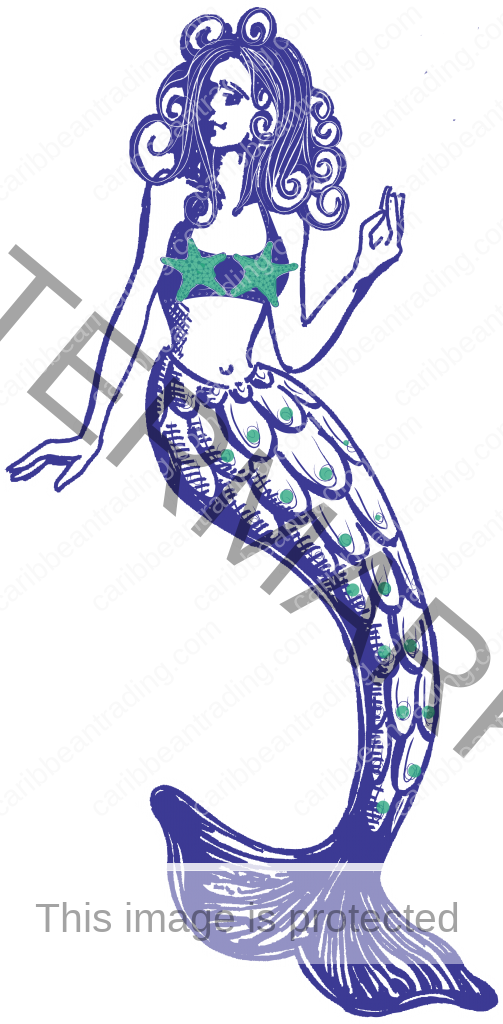Caribbean History
The Impact of European Colonization on Caribbean Culture
European colonization had a profound and lasting impact on the Caribbean region, shaping its cultural, social, economic, and political landscapes. From the arrival of Christopher Columbus in 1492, the Caribbean underwent waves of European influence that transformed its indigenous societies, blending them with elements from Africa, Europe, and Asia. As a result, today’s Caribbean culture is a complex mosaic of traditions, languages, religions, and customs that have been passed down through centuries of colonization and adaptation.
The Arrival of European Powers
The Caribbean was originally home to indigenous groups such as the Taíno, Carib, and Arawak peoples. Their societies, which thrived on agriculture, fishing, and trade, had established a distinct way of life. However, with the arrival of Europeans, this way of life was disrupted, and within a few decades, the native population significantly dwindled due to diseases like smallpox, warfare, and harsh labor conditions.
The major European powers that colonized the Caribbean included Spain, England, France, the Netherlands, and Denmark. Each of these powers sought to exploit the region’s natural resources, particularly its fertile soil for growing sugarcane, tobacco, and other cash crops. Colonization brought a plantation economy to the Caribbean, which was heavily reliant on the transatlantic slave trade. The influx of African slaves to the region not only provided labor for the plantations but also introduced African customs, beliefs, and traditions that would profoundly influence Caribbean culture.
The Blending of Cultures
One of the most notable aspects of Caribbean culture today is its diversity, which stems directly from European colonization and the forced migration of African slaves. Over the centuries, a fusion of European, African, indigenous, and later Asian cultures occurred, creating a vibrant cultural mix.
Language
The linguistic diversity of the Caribbean is a direct result of European colonization. Spanish is spoken in countries like Cuba, the Dominican Republic, and Puerto Rico due to Spanish colonization. English is the official language in countries such as Jamaica, Barbados, and Trinidad and Tobago, reflecting the influence of British colonization. French-speaking territories like Haiti and Guadeloupe reveal French colonization’s impact, while Dutch remains in places like Suriname and the Dutch Antilles. In addition to these colonial languages, Creole languages—blends of European and African languages—developed as a form of communication between different ethnic groups.
Religion
European colonization also had a significant effect on the religious landscape of the Caribbean. Catholicism, introduced by the Spanish and French, remains a dominant religion in many countries. Protestantism was spread by the British and Dutch, particularly in English-speaking Caribbean nations. However, African religious practices were preserved through syncretic religions like Vodou in Haiti, Santería in Cuba, and Obeah in Jamaica, which blend Christian beliefs with African spiritual traditions.
Music and Dance
The music and dance traditions of the Caribbean are another testament to the cultural fusion resulting from colonization. African rhythms and beats combined with European instruments and melodies to give rise to genres like reggae, calypso, salsa, and merengue. Dance forms such as the Cuban rumba and Jamaican ska also reflect this blending of cultural influences. These art forms have become globally recognized as symbols of Caribbean identity.
The Plantation Economy and Its Social Effects
The introduction of the plantation system by European colonizers drastically altered the Caribbean’s economy and social structure. European settlers quickly established large plantations for growing sugarcane, which became the Caribbean’s primary export. The labor-intensive nature of sugar production led to the importation of a vast number of African slaves, fundamentally reshaping the region’s demographic makeup.
This plantation economy fostered an environment of extreme inequality, with wealthy European landowners at the top of the social hierarchy and African slaves at the bottom. The brutal conditions of slavery resulted in resistance, rebellion, and, ultimately, the gradual abolition of slavery across the Caribbean during the 19th century. However, the legacy of this system persisted, with significant social and economic disparities between the descendants of European settlers and former slaves.
Independence Movements and National Identity
Although European colonization profoundly influenced Caribbean culture, the region’s history is also marked by resistance to colonial rule. The Haitian Revolution (1791-1804) stands out as a significant example, where enslaved Africans successfully overthrew French colonial rule and established the first independent black republic in the Americas. Haiti’s independence inspired other independence movements across the Caribbean, though most nations would not achieve independence from European powers until the 20th century.
The struggle for independence sparked a movement of national pride and identity, as newly sovereign Caribbean nations sought to assert their cultural uniqueness and break free from their colonial past. Efforts were made to embrace African heritage, promote local languages and art forms, and recognize the contributions of indigenous peoples to the region’s history.
The Caribbean Night: What Activities Can You Find?
The rich cultural blend that emerged from European colonization and its aftermath is especially evident in the nightlife across the Caribbean islands. The Caribbean night, with its distinctive music, food, and social gatherings, offers a lively reflection of the region’s history and its cultural diversity.
Music and Dance
One of the most prominent features of Caribbean nightlife is its music scene. Each island boasts its own musical traditions, from Jamaica’s reggae and dancehall to Trinidad’s calypso and soca. Live performances and dance parties can be found in many tourist hotspots, where both locals and visitors come together to celebrate. Steel pan music, originally from Trinidad and Tobago, is a staple in many Caribbean festivals and night events, captivating audiences with its rhythmic, melodious sounds.
Festivals
Many islands host night festivals that pay homage to their colonial past while celebrating African heritage. Carnival, for instance, is one of the most popular festivals celebrated in countries like Trinidad and Tobago, Barbados, and the Dominican Republic. Although rooted in Catholic traditions introduced by European colonizers, Carnival has evolved into a vibrant expression of Afro-Caribbean culture, with music, dancing, and elaborate costumes taking center stage. Night parades, fireworks, and street parties are common features of these celebrations.
Night Markets and Food
Caribbean nightlife is also marked by its culinary delights, many of which reflect the fusion of European, African, and indigenous ingredients. Night markets or street vendors selling local delicacies are popular in places like Jamaica, Puerto Rico, and the Dominican Republic. Jerk chicken, rice and peas, fried plantains, and seafood dishes like conch are often on offer. These gatherings provide a more laid-back and communal atmosphere where people socialize, enjoy local food, and immerse themselves in the flavors of the Caribbean.
Bars and Clubs
In larger cities and tourist areas, nightlife includes a wide variety of bars and nightclubs, often offering beachfront locations with open-air spaces where visitors can dance to both modern and traditional music. Many bars serve rum-based cocktails, reflecting the region’s history as a major producer of sugarcane and rum, a legacy of European colonization. Nightlife in the Caribbean often has a relaxed and celebratory atmosphere, mirroring the region’s laid-back island vibe.Casinos have also come alive in the Caribbean night. You can find many no matter what country you visit. Or even from your hotel you can have access to gambling sites that accept credit cards.
Lasting Cultural Influence and Modern Caribbean Identity
The European colonization of the Caribbean left a deep imprint on the region’s culture, influencing its languages, religions, social structures, and economic systems. However, the resilience of the Caribbean people allowed them to adapt, resist, and ultimately create a unique cultural identity that reflects a fusion of European, African, and indigenous influences.
Today, the Caribbean stands as a symbol of cultural diversity and survival. Its rich history of colonization and resistance has shaped a region that is proud of its multicultural heritage, and its art, music, and traditions continue to influence and inspire cultures around the world. The cultural legacy of European colonization remains evident, but so too does the strength of Caribbean identity, which has blossomed in the post-colonial era.







